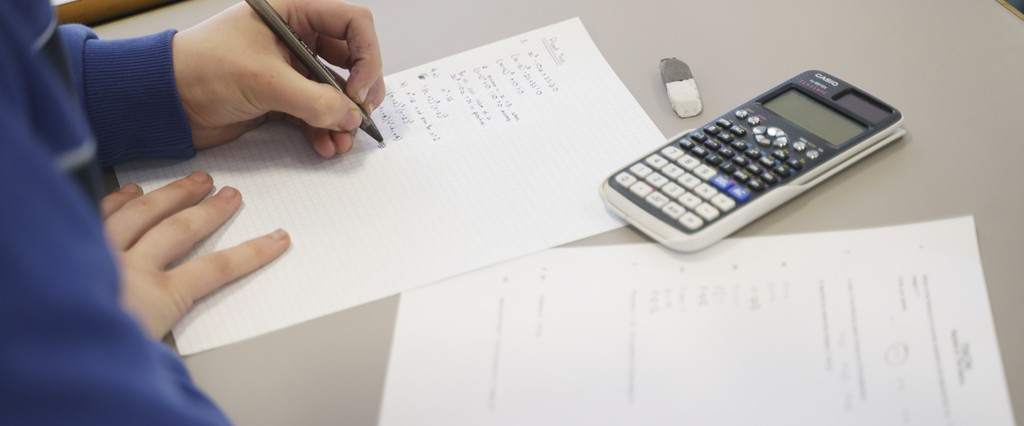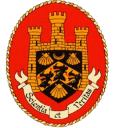
Mathematics & Further Mathematics

A-level Maths is the most popular A Level nationally and has been the most popular subject at The Purbeck School over the past five years. Maths is one of the best subjects to develop your analytical, research and problem solving skills. Not only will studying maths help give you the knowledge to tackle scientific, mechanical, coding and abstract problems, it will also help you develop logic to tackle everyday issues like planning projects, managing budgets and even debating effectively.
A positive attitude to Mathematics is encouraged and it may be seen as an interesting but challenging subject. We constantly seek to give our students confidence that enables them to express ideas fluently, to talk about the subject with assurance and to use the language of mathematics.
Where the course leads
Just about anywhere! People with Maths degrees and other qualifications can go into: accounting, medicine, engineering, forensic pathology, finance, business, consultancy, teaching, IT, games development, scientific research, programming, civil service, design, construction and astrophysics to name a few…
Maths A-level is a must have for degrees in Physics, Engineering, Actuarial Science, Economics and is often required or recommended for degrees in Computer Science, Accounting, Chemistry, Biology and Life Sciences, Medicine / Nursing, Dentistry, Business Studies, Management Studies, Finance, Architecture, Geology, Psychology, Surveying and even Philosophy.
Maths helps supports the study of many other subjects at A Level, such as Physics, Chemistry, Computer Science, Economics, Business Studies and Biology and can help keep your options open if studied alongside an essay subjects like English or History.
Summary of course content
The A-Level Mathematics course will develop your existing knowledge of mathematics into a range of more advanced maths study areas. Because learning maths is integral to so many different fields of study and work, your Mathematics A-Level will be a hugely versatile qualification and an asset in whatever you go on to do.
The Mathematics A-Level syllabus is split into three areas:
| Pure Mathematics | Statistics | Mechanics |
|
|
|
Further Mathematics offers opportunities to extend A-Level work on mechanics, statistics and calculus techniques, engages with concepts of abstract algebra and learns how pure mathematics develops after A-Level.
Examination
All assessments for A Level and Further Maths are linear, with 100% by examination, which means that all the exams are sat at the end of the course.
Teaching
At The Purbeck School, our Mathematics Department delivers a notable consistency of high performance of students in Mathematics at all levels. We have introduced a ‘Mastery’ curriculum into the department to raise performance further. The research shows that teaching fewer topics in much greater depth improves outcomes. During lessons, students engage in these topics in a range of different contexts through explicit teaching by teachers and interaction with peers. Regular formative assessment takes place to check student understanding and to identify and address errors and misconceptions.
Entry requirements
Students will need to achieve a minimum of a good grade 6 at GCSE to cope with the rigors of the course. Strong algebra skills are a compulsory pre-requisite for A level Maths. To study A-level Further Mathematics, a grade 8 is required.
Contact
For further advice contact: Carl Morris, Head of Mathematics cmorris@purbeck.dorset.sch.uk
USEFUL LINKS
CAREERS
Most jobs and careers will need you to use maths in some way and it’s particularly useful in job families like accountancy, banking and finance, management, environmental sciences, construction, engineering and manufacturing, medical technology, and science and research. To explore the long list of careers that involve maths in more detail, click here…













